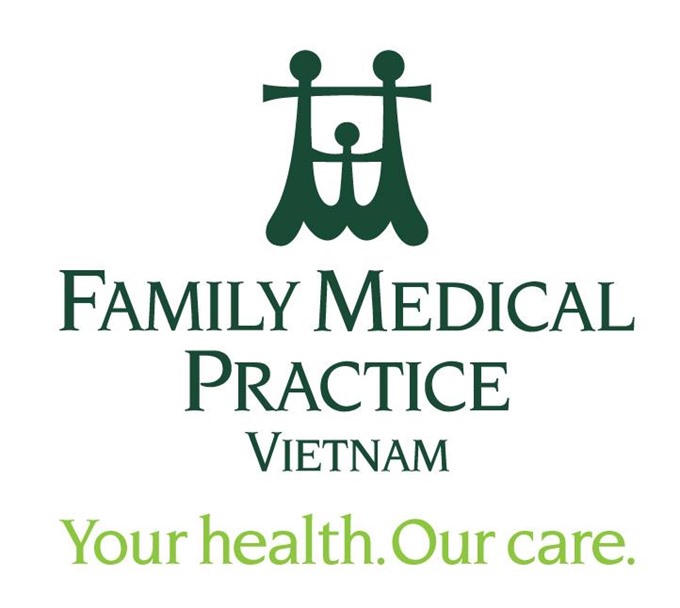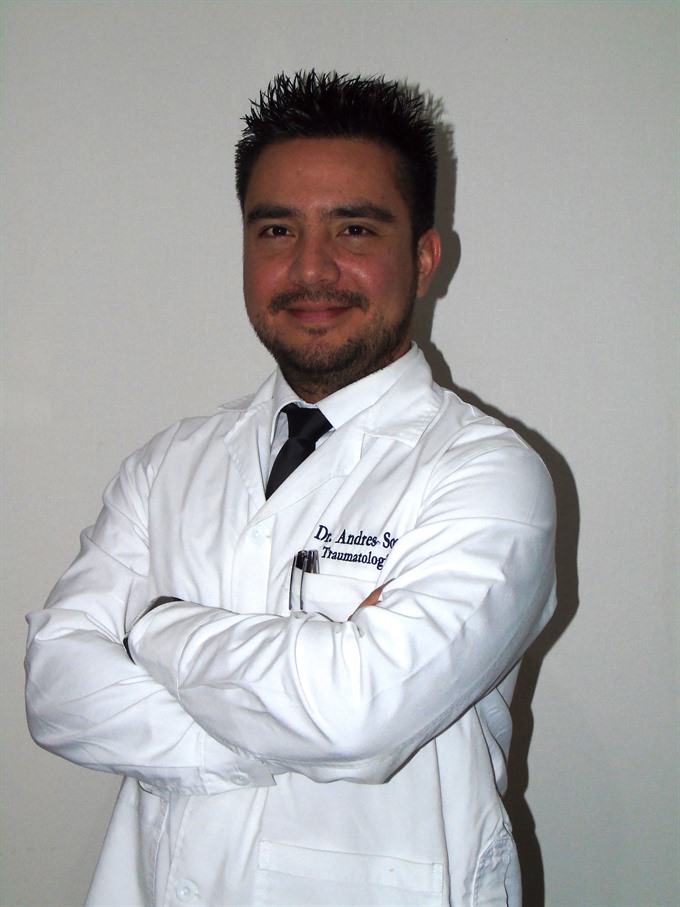 |
 |
| |
Dr. Andres Sosa. — Photo courtesy of Family Medical Practice |
Viet Nam News
By Dr Andres Sosa*
Humans are born with 270 bones. By the time we become adults, we only have 206 bones left because some of the bones join as we grow. Bones support and protect the organs in our body, produce blood cells, store minerals and allow our muscles and joints to move.
Our bone is alive and can repair itself if it is broken, a slow process that usually takes three weeks. Bones can get larger and stronger with exercise and smaller and weaker if we do not exercise enough.
Bones, muscles, ligaments, cartilages and joints together make us move, and movement is essential for life. All these elements work as a team called the “Musculoskeletal System”.
Who is an orthopedic surgeon?
Orthopedic surgeons are specialised doctors who treat musculoskeletal (bones, joints, ligaments or muscles) problems in adults and children. All orthopedic surgeons must finish six to seven years of medical school and then complete four to five years of residency (on-the-job) training in a hospital. After their residency, some surgeons complete one or two additional years of sub-specialty training (fellowship), among many other courses and academic programmes. On an average, they invest at least 12-15 years of their life improving their knowledge and skills to offer the best care to their patients.
When should I take my child to an orthopedic surgeon?
Orthopedic surgeons diagnose and treat a variety of problems with the arms, legs and spine. Problems in walking, crooked limbs, legs of different lengths, curves in the spine, broken bones, bone/joint infections or tumors and birth defects of the hands and feet are some examples of the conditions that may require an orthopedic surgeon.
Children with complex pediatric problems, such as developmental delay, skeletal dysplasias or other syndromes, are usually best managed by a multidisciplinary medical and surgical team.
Why does my child need a specialist?
Children are not small adults. Their growing bones pose different challenges than those of adults. Sometimes, what looks like a problem in a child is just a variation that the child will outgrow over time. Some common pediatric problems do not even occur in adults. Orthopedic surgeons, their offices and support staff are all equipped to deal with children and families to create a comfortable, patient-focused and family-friendly environment.
What are the most common orthopedic conditions that parents should be aware of?
Taking care of a child is not just about giving love, feeding him/her well and providing education, but also about preventing injuries and diseases. Orthopedic surgeons are prepared for early diagnosis. They can treat problems that might affect the musculoskeletal system of your child and give advice regarding your concerns.
An orthopedic surgeon must keep in mind the following screening protocols:
Hip Development Dysplasia (HDD): All newborns should be examined by a pediatrician and referred to an orthopedic surgeon if HDD is suspected or if high risk factors are present. The specialist will check both the hips for signs and symptoms of dislocation. On the 28th day of the baby’s birth, a hip ultrasound must be done to confirm the diagnosis. If the child is one to three months old, a pelvic X-ray is mandatory.
Flat feet: A common concern of many parents is the plantar arch formation. Flat feet is a condition considered normal in children under two. The pediatrician will refer grown-up children with flat feet to an orthopedic surgeon for diagnosis and treatment.
Internal-Rotated Gait: Many parents notice than their children often fall because their feet seems to be pointing in when they walk or run. This situation should be evaluated by a specialist in order to apply the necessary measures.
Scoliosis and Kyphosis: Many children and teenagers develop a wrong posture during their growing-up years. This is sometimes related to abnormal spine curvatures. Therefore, all children and teenagers (eight to 16 years) with wrong posture should be evaluated by a specialist.
Where can I find an orthopedic surgeon in Ha Noi, HCM City and Da Nang?
Ha Noi: Family Medical Practice (FMP), 298, I Kim Ma St, Ba Dinh Dist. Tel: (024) 3843 0748, email: hanoi@vietnammedicalpractice.com or vietnammedicalpractice.com
HCM City: FMP, Diamond Plaza, 34 Le Duan St, District 1; 95 Thao Dien St, District 2. Tel: (028) 3822 7848. Email: hcmc@vietnammedicalpractice.com or vietnammedicalpractice.com
Da Nang: FMP, 96-98, Nguyen Van Linh St, Hai Chau Dist, Da Nang. Tel: (023) 6358 2699. Email: danang@vietnammedicalpractice.com or vietnammedicalpractice.com
* Family Medical Practice Hanoi is pleased to welcome Dr. Andres Sosa to its medical team. Dr. Sosa is a Board certified orthopedic surgeon trained at the Rizzoli orthopedic Institute of Bologna, Italy. He specialises in musculoskeletal trauma (fractures, dislocations, wounds), degenerative joint diseases (osteoarthritis, spine disc herniation) and sport lesions (sprains, joint instability, tendon ruptures). With more than eight years of experience, two European master’s degrees in upper limb surgery and multiple courses overseas, Dr. Sosa can perform open surgery, internal fixation, shoulder/knee arthroscopy, external fixation and joint replacement as well as non-surgical pain management. He is fluent in English, Italian and Spanish.